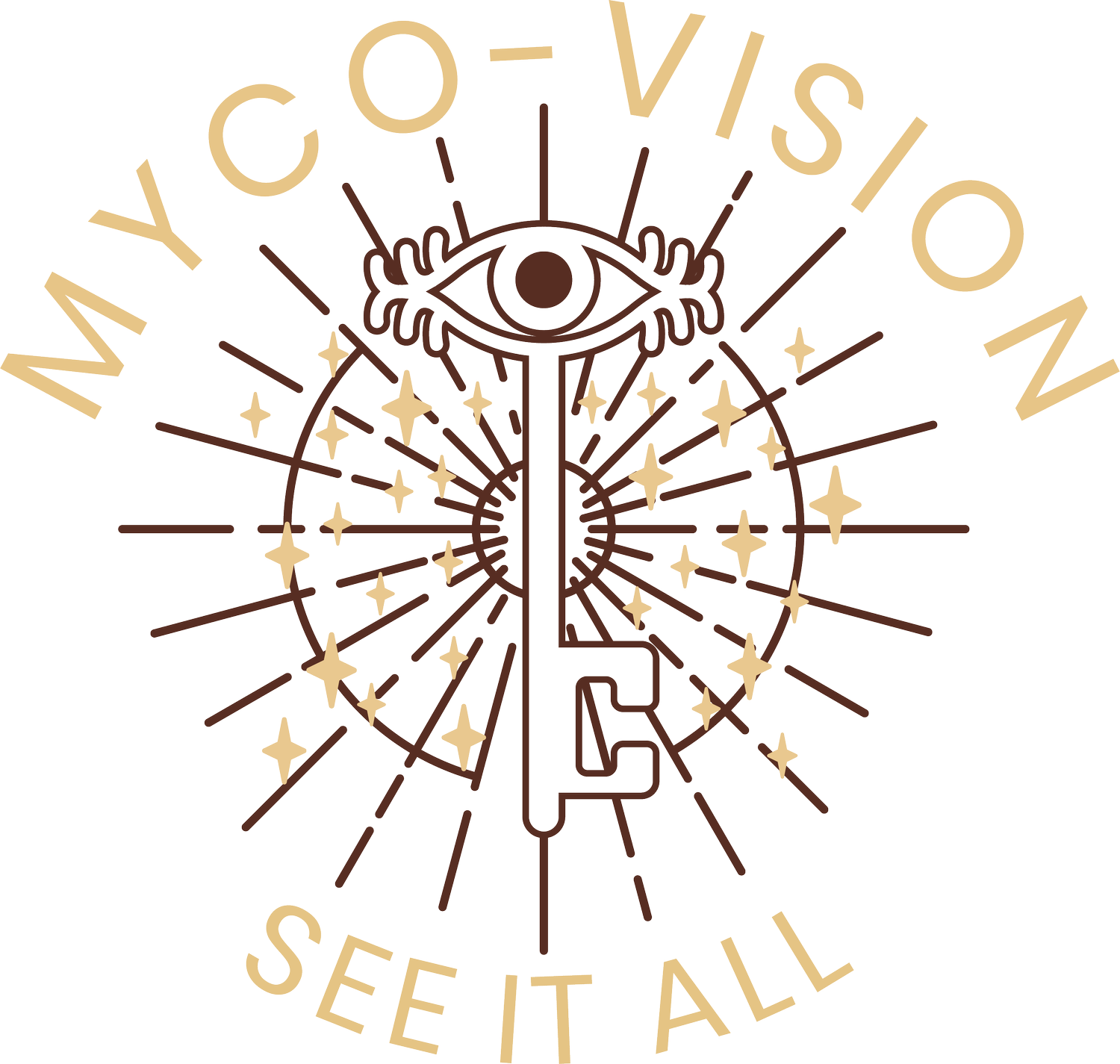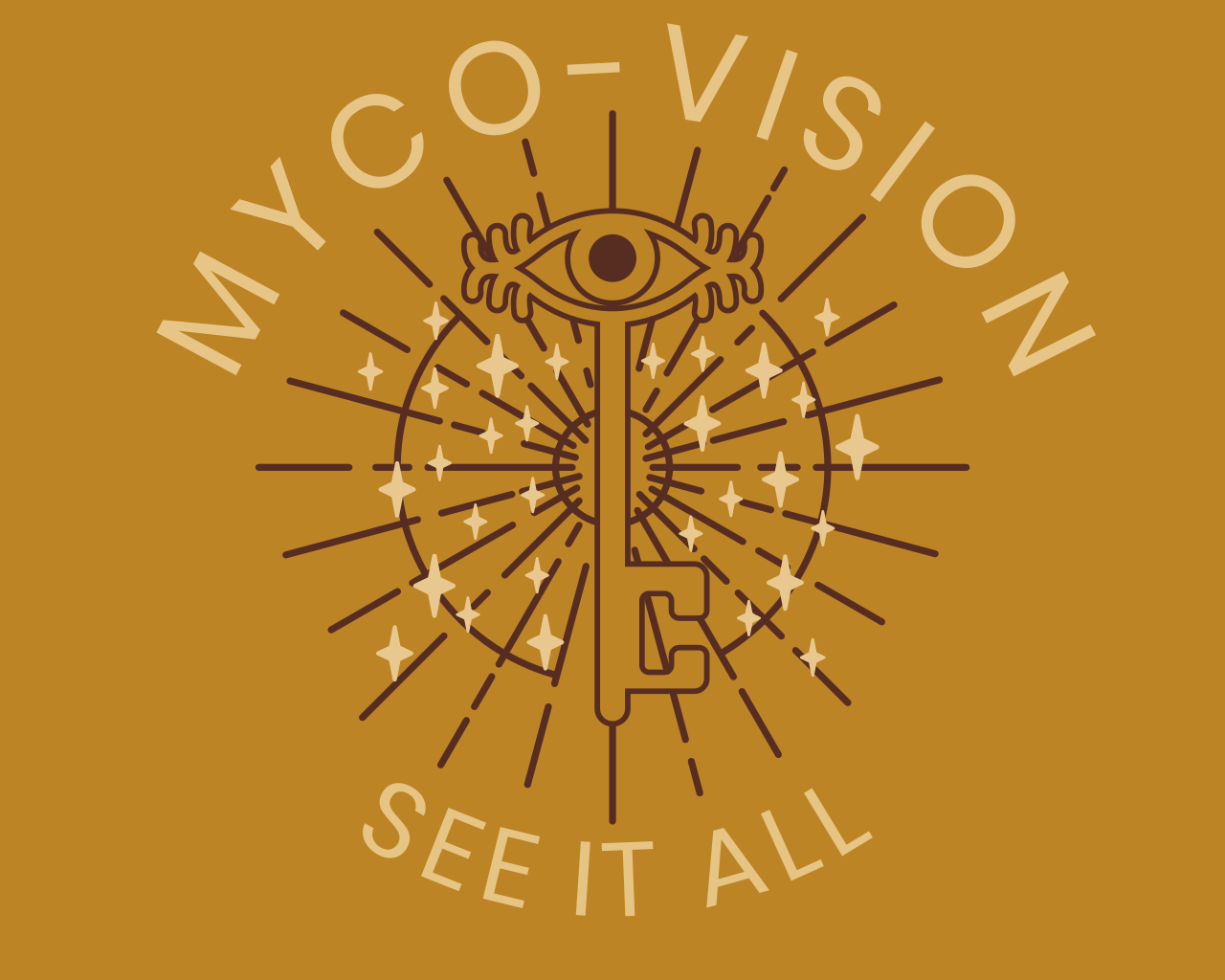Psychedelic Guide: Why I Choose Not to be Licensed in Oregon
I am a psychedelic guide in Bend, OR. I work with individuals, couples and small groups to help them transform their lives and work through challenges, trauma, pain, and frustration. I use psychedelics to bring clients to altered states of consciousness to facilitate a deeper understanding of themselves, their reality, and the things outside of themselves. The work I do with my clients is life-changing. However, even though psilocybin has recently been legalized in Oregon, I have chosen not to become a licensed psilocybin facilitator. I did pass a state required pre-licensing course, the licensing exam and practicum, and the background check, but I will not be finalizing my license. It's a well--thought-out decision; one I do not enter into lightly. Here is why I decided not to get my psilocybin facilitators license.
- No Allowance for Indigenous Peoples and Experienced Guides
One of the major drawbacks of current psilocybin licensing law in Oregon is the lack of allowance for indigenous peoples and seasoned underground practitioners of psilocybin to practice within their own traditions. These groups have invaluable knowledge and expertise in working with psilocybin, and it is essential to respect and honor their established practices. By not allowing these practitioners to work within their own traditions, the law is limiting access to important and effective treatments.
- Limiting Practice Models
The current licensing law for psilocybin in Oregon allows only for a clinical, non-directive practice model known as facilitation. While this setting and type of session has been proven to be effective in research studies, thus why it has been chosen, it is not the only valid practice model for psilocybin treatment. Or even the most effective. Many experienced guides, like myself, have developed their own practices while others follow traditional ones, and these practices often include interacting with clients through guiding, advising, or leading them along their journey. Many also help curating the experiences clients take on their own. Limiting the approved practice model restricts the range of potential therapeutic benefits that can be achieved through the use of psilocybin.
- The Value of MDMA Journeys
As a psychedelic guide, I work with more than just psilocybin journeys. If I were to obtain a license, I would be limited to providing support exclusively for psilocybin sessions. However, my practice also encompasses the application of other substances, such as MDMA, and their effects are equally relevant and necessary in our current society. Combining psilocybin and MDMA, can lead to a dual-purpose healing process, allowing for the opening of both heart and mind which can achieve a specific therapeutic outcome not achievable when experienced separately. Being licensed for psilocybin only would limit my ability to offer the full range of services I provide, and that my clients need.
- The Financial Load of Legalization
Within the legal framework Oregon created for a psilocybin treatment services centers, there is very little room for sole practitioners or even small partnership businesses. The high overhead costs of annual fees and duplicate staffing requirements are challenging to manage, making it difficult to generate enough revenue to maintain a sustainable business except by scale of volume. I enjoy practicing on my own, I don't have the means to open a multi-employee business, and I prefer not to practice within the confines of an office set up and furnished by someone else, making it difficult to find a legal practice model I can afford or feel comfortable working in.
- The Energy Load of Multiple People in an Altered State
The energetic and psychic load within a space holding multiple, coinciding, separate, sessions supporting people in deep altered states is overwhelming and not something I want to be exposed to, much less try to work with. This is something those not familiar with the work may not be able to fully understand, but those working in the field understand the power of what I am talking about. Owning or working in a service center would be too much for me. I am highly sensitive, and I prioritize my mental and emotional well-being as they allow me the ability to be fully present for each client.
- The Commodification of Psilocybin
The commercialization and commodification of psilocybin is concerning, as is the capitalization of health and wellness in general. The current licensing system seems to prioritize profit rather than the sacred nature of this powerful substance. It is perplexing to witness the swift corporate monetization of psilocybin, especially considering its natural abundance and global availability, with absolutely no evidence of thought or action to safeguard its accessibility on the clients.
- The Steep Tax Burdens
Obtaining a license as a psilocybin facilitator comes with the burden of steep taxes. Due to continued federal classification of psilocybin as a Schedule 1 substance, practitioners and business owners are denied tax write-offs due to the federally illegal nature of the substance. This creates additional financial strain and makes it harder for professionals in the field with small practice scale to make a profit. It is difficult for the same reason to find banks, payment processors, and insurance companies to work with.
- Lack of Standards for Psilocybin Facilitators
I have serious concerns about the lack of oversight, support, and standards for psilocybin facilitators by third parties. Many individuals are acquiring licenses without having personal experience with altered states of consciousness or having supported another person in these states. The lack of requirements to document personal experience or disclose it to future employers or clients raises concerns about safety and the credibility of the system.
I choose to practice outside of the regulatory framework for psilocybin treatment because what I am doing is still legal. I never provide my clients with any substances for their journeys, nor do I store, sell, gift, or traffic in any substances. I am paid for my services and the value of my safe, private, accepting, and supportive container, the loving kindness my clients are held in while they journey, and the allowing of all emotions, thoughts, and desires to be freely expressed and explored, within guidelines, while on their journey.
I am deeply experienced both personally and professionally with the substances I support, and I use safe practices. I maintain a close relationship with a mentor out of Puerto Vallarta, Mexico, who meets with me regularly for practice oversight, counseling, and guidance, and I intend to have such a person for years to come. I have a good reputation with past clients and am trustworthy and fair, with a moral compass that guides my work. For all of these reasons and more, I believe that I can continue to ethically practice in a way that benefits my clients and staying true to my values as a psychedelic guide, while fully complying with state and federal law. Until substantial changes are made to the current licensing framework, I choose to remain outside of the regulatory licensing system, and continue to offer my transformative and deeply meaningful services.
To learn more or book a free consultation with me, please visit my website.


